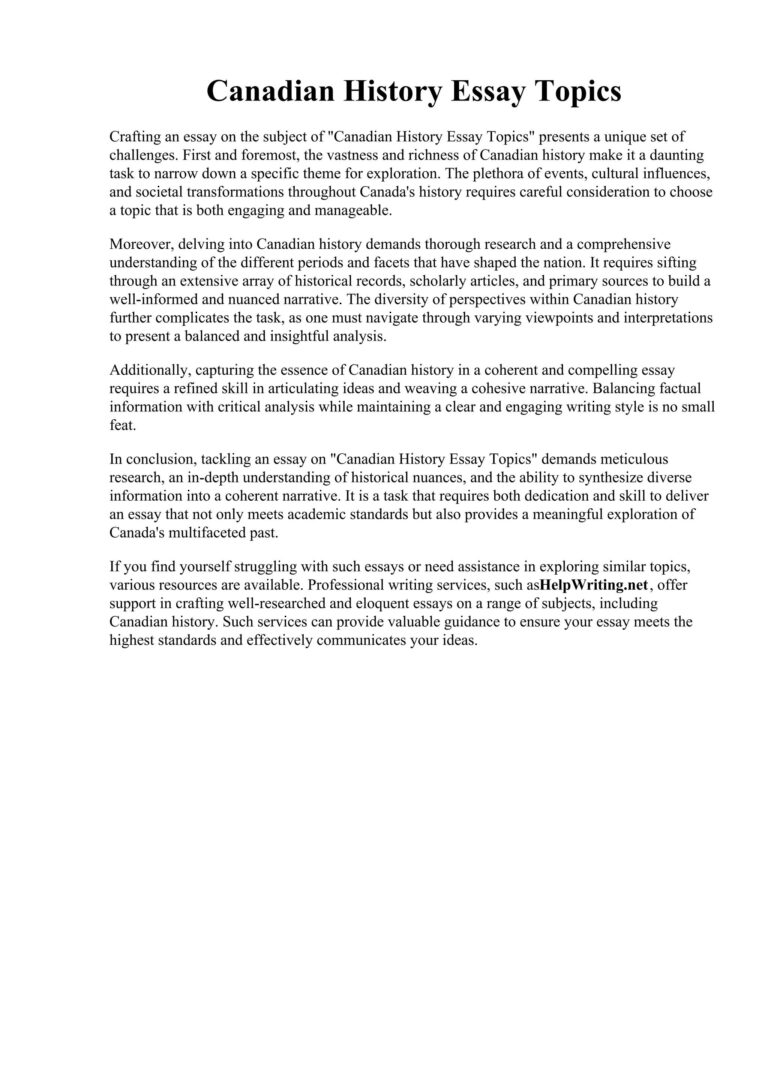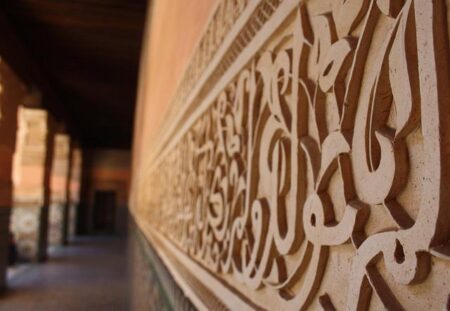Traditional Chinese Medicine: Strengthening the Bonds Between China and Africa
Leveraging Traditional Chinese Medicine to Enhance Sino-African Relations
Over the past decade, Traditional Chinese Medicine (TCM) has emerged as a pivotal tool in China’s efforts to deepen its engagement with African nations. From metropolitan hubs in Morocco to remote villages in Niger, TCM is not only providing alternative healthcare solutions but also acting as a cultural conduit that nurtures mutual understanding and diplomatic ties. As China continues to promote its Belt and Road Initiative, integrating TCM into its outreach programs offers an innovative pathway for reshaping perceptions and fostering enduring partnerships across the continent.
The comprehensive nature of TCM-which encompasses herbal medicine, acupuncture, cupping therapy, and holistic wellness practices-resonates with many African communities that have historically embraced natural healing methods. This shared reverence for traditional remedies lays a strong foundation for collaboration that extends well beyond health improvements alone.
Embedding Traditional Chinese Medicine Within African Healthcare: Collaborative Gains
The incorporation of TCM into local medical systems has yielded tangible benefits both in public health outcomes and economic development. For example, Senegal has seen the rise of specialized centers offering acupuncture alongside conventional treatments tailored to regional health challenges such as hypertension and arthritis. Simultaneously, Ethiopia has launched extensive training initiatives aimed at equipping healthcare workers with expertise in herbal therapies derived from TCM principles.
- Cultural Harmony: Promoting knowledge exchange about traditional healing fosters respect between Chinese practitioners and African communities.
- Health Improvements: Complementary therapies help address widespread conditions like malaria-related complications or chronic musculoskeletal pain.
- Sustainable Economic Impact: Encouraging local cultivation of medicinal plants supports job creation while advancing eco-friendly agricultural practices.
| African Nation | Main Initiatives | Outcomes Achieved |
|---|---|---|
| Senegal | Establishment of integrated clinics combining acupuncture with conventional care | Diversified treatment options improving patient satisfaction rates |
| Ethiopia | Trainee programs certifying local practitioners in herbal medicine techniques | Enhanced clinical skills among frontline healthcare providers |
Cultural Diplomacy Through Health: The Role of TCM from Morocco to Niger
The spread of Traditional Chinese Medicine transcends mere therapeutic intervention; it serves as an effective medium for cultural diplomacy linking China with various African countries. By exchanging expertise on acupuncture methods, botanical formulations, and holistic wellness philosophies rooted in centuries-old traditions, these interactions cultivate stronger interpersonal bonds while simultaneously tackling urgent health issues faced by local populations.
Â
This multifaceted engagement reveals several important themes:
Â
-
Â
- Cultural Assimilation: The gradual integration of TCM within existing medical frameworks signals growing confidence among communities toward these time-honored practices adapted locally. Â
- Empowerment via Education: Training workshops designed for indigenous healers generate employment opportunities while elevating standards of care .
Â- < strong >Enhancement of Soft Power : By championing shared values through health-focused diplomacy , China cultivates bilateral relationships grounded on mutual respect rather than transactional exchanges .
 < / ul >Â
 Â
< th >Country< / th >< th >TCM Initiatives< / th >< th >Diplomatic Outcomes< / th > Â
 < / thead >Â
< td>Morocco< / td >< td>Create community-based herbal remedy education & acupuncture services< / td >< td>Sustained cooperation on joint public health campaigns< / td > Â Â
 ÂNiger Certification courses for community practitioners focusing on herbal applications Improved intercultural dialogue & reinforced diplomatic rapport A Strategic Blueprint: Advancing Sino-African Cooperation Through Traditional Chinese Medicine
The full potential impact of Traditional Chinese Medicine across Africa’s diverse regions can be unlocked through a coordinated strategy blending education initiatives with grassroots outreach alongside rigorous scientific validation.
- Create Specialized Training Centers: Partner with leading universities throughout Africa to develop accredited curricula emphasizing both theoretical foundations and hands-on practice related to TCM modalities.
- Pilot Mobile Clinics Serving Underserved Areas: Deploy mobile units or establish fixed clinics delivering affordable access especially where modern medical infrastructure remains sparse.
- Spearhead Public Awareness Campaigns via Multimedia Platforms: Energize interest by sharing success stories through radio shows, social media channels, and interactive workshops tailored specifically towards skeptical audiences.
An additional dimension involves formalized government partnerships promoting joint research projects aimed at scientifically assessing traditional remedies’ safety profiles:
Proposed Collaborative Actions >
Expected Benefits >
Joint clinical trials evaluating efficacy & safety profiles Elevated scientific credibility encouraging broader acceptance
Investment into sustainable cultivation & processing facilities for medicinal herbs Boosted rural economies through environmentally conscious agriculture Through this comprehensive approach-melding education programs,& accessible service delivery,& collaborative research efforts,& strategic investments-China can position Traditional Chinese Medicine not only as an effective complement within Africa’s evolving healthcare landscape but also as a cornerstone supporting long-term diplomatic goodwill.
The Road Ahead: Expanding Influence Of Traditional Healing Across Africa’s Healthcare Systems
The growing presence of Traditional Chinese Medicine throughout Africa exemplifies how soft power strategies can transcend typical political or economic instruments. From vibrant Moroccan cities embracing integrative clinics focused on chronic disease management-to isolated Nigerien communities where trained locals administer botanical treatments-TCM represents a fusion between culturally rooted healing models resonating deeply across diverse societies.
This increasing adoption signifies more than enhanced patient care-it reflects an emerging narrative centered around partnership founded upon reciprocal respect rather than unilateral agendas.
Navigating future geopolitical complexities amid shifting global alliances will be essential[Source]. Yet this integration fostered by shared traditions offers promising pathways toward sustained cooperation promoting stability,sustainable development,&&diplomatic harmony.
- < strong >Enhancement of Soft Power : By championing shared values through health-focused diplomacy , China cultivates bilateral relationships grounded on mutual respect rather than transactional exchanges .







